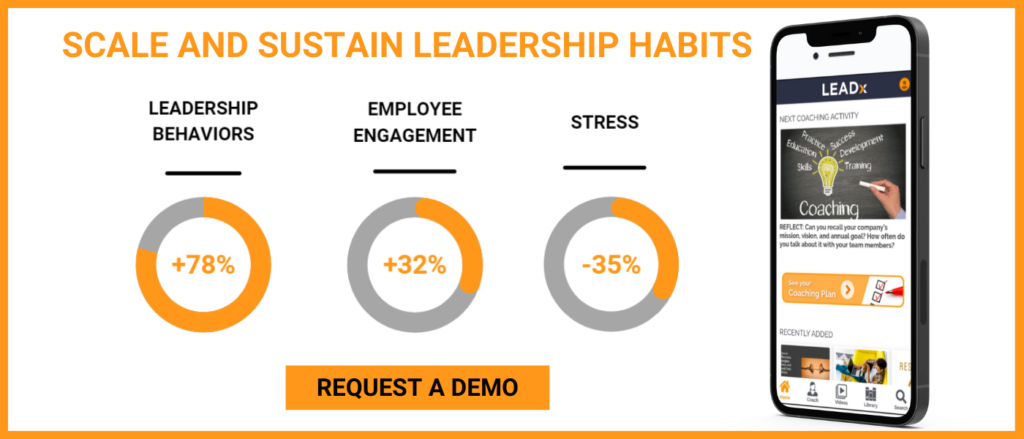
If 2020 has taught us anything, it’s that change is inevitable. It’s a phenomenon that enters our lives whether or not we invite it. It can make us feel helpless and out of control, but that feeling masks the truth. We, in fact, control the most important element of change: our reaction.
According to Stacy Henry, author of the new book Get Rooted!, how you respond to change is based on a foundation of eight values—a root system that you nourish. Henry is the owner and founder of CenterBranch, which helps both companies and individuals perform to their highest potential. She brings twenty years of experience from a variety of global industries as an executive coach and HR business partner for C-suite leaders.
I recently caught up with Henry to discuss how to nurture those values that control our reaction in a year filled with nothing but change.
Kevin Kruse: One of the values you mention in the book is love. I always mention in my own books to “lead with love” but many professionals balk at this idea.
Stacy Henry: There are many people who think that love has no business in the workplace, but they’re wrong. You need to make love a priority at work.
Not romantic love. I’m talking about the kind of benevolent love we should have for the people around us; it’s all about being well-meaning, respectful, and kind.
Every boss would agree that it’s important to listen carefully to your employees and coworkers, right? To make coworkers feel valued and respected? To show genuine support and concern for someone who is experiencing difficulties? This is what love looks like in the workplace.
Kruse: The pandemic has illustrated the importance of trust and relationships, two of the values you say are instrumental in handling change. How do these values help?
Henry: Last year, overnight, even the basics of our daily routine, like our commute, vanished and we had to adapt. But what did you do? Did you try to fight it, or were you able to roll with the changes?
We have to learn to let go and trust the process. Even if the variables are relatively few, making trust one of your core values will change the energy of your life from a state of perpetual fear to a state of quiet peace.
This is also a time to lean on our relationships. As many parts of our lives pre-pandemic fell away (like travels or hobbies), it’s been a time to pull those we’re close with even closer.
Developing a positive relationship with yourself and with others will provide strength of mind and strength of character. When you truly value your relationships, you’ll be rooted in connection, camaraderie, and companionship—all valuable commodities when facing change.
Kruse: Integrity and service are two words we often hear associated with being a good person and a true professional. How do they help us deal with change?
Henry: Integrity means doing the right thing every time. That’s not an easy task, but it will strengthen our ability to endure difficult change. When we choose to value integrity, we know who we are, we know what we believe in, and we will not let circumstances bend or break us.
We’re all going to face opportunities where our integrity will come into question, especially during times like these. Every day, we have to decide to live in integrity no matter what, so when tough changes come, we’ve already made the decision of who we’re going to be.
Here’s what I mean when I talk about service. When you’re faced with a difficult situation, do you react with kindness or with anger and defensiveness? If you choose to prioritize the value of service, you will find that you routinely react with kindness and compassion. You will be able to see the needs of others when change comes and get your focus outside of yourself.
Because of this shift in focus, the value of service also allows you to move through change together. Moving through change as a team, with people who are rooting for you and your success, is much easier than trying to move through change alone.
Kruse: If there’s one feeling I’m sure many of us have been short on in 2020, it’s joy. But you say joy is essential to reacting to change, and point to spirituality as one of the sources from which we can draw joy during difficult times. What do you mean by that?
Henry: Many people associate joy with successes, purchases, or exciting events. You might find joy in these things, but it doesn’t last. You may also mistakenly find joy in your complacency when you are so pleased and comfortable with yourself that you don’t even put forth the effort anymore because you believe that you’re just that good.
This fleeting joy often masks an emptiness within. Once you realize that joy is not external, but within yourself, you will experience a wellspring that runs deep and is ever-flowing.
One way to create the kind of internal joy that lasts is to tap into spirituality, which is an essential value because it allows us to realize that we are part of something greater than ourselves.
It doesn’t have to be religion, though it can be. Adopting spirituality will bring more meaning, compassion, mental wellness, and whole-self balance into your life. You will be able to bring your whole self to everything you do, and you will find that changes are easier to navigate.
Kruse: Finally, I want to ask you about progress. It seems as if many things have been put on pause in 2020, but you’re saying that a focus on progress can help us endure change?
Henry: Absolutely. This year has been tough for perfectionists because circumstances aren’t ideal for much right now. But perfectionism doesn’t make you better—it gets you stuck in place. You end up like a cat chasing its tail because you keep moving but you get nowhere.
Magic can happen when you learn to replace the value of perfectionism with the value of progress. Most of the time, no one will know the difference between perfect and good except for you, and if you can let go of the ideal of perfection, you’ll do better at keeping commitments, meeting deadlines, and moving forward. Because nothing will ever be perfect, if perfection is your goal, you will never see progress. But when progress is your goal, you’ll always be moving forward—even when a global pandemic tries to get in your way and slow you down!







